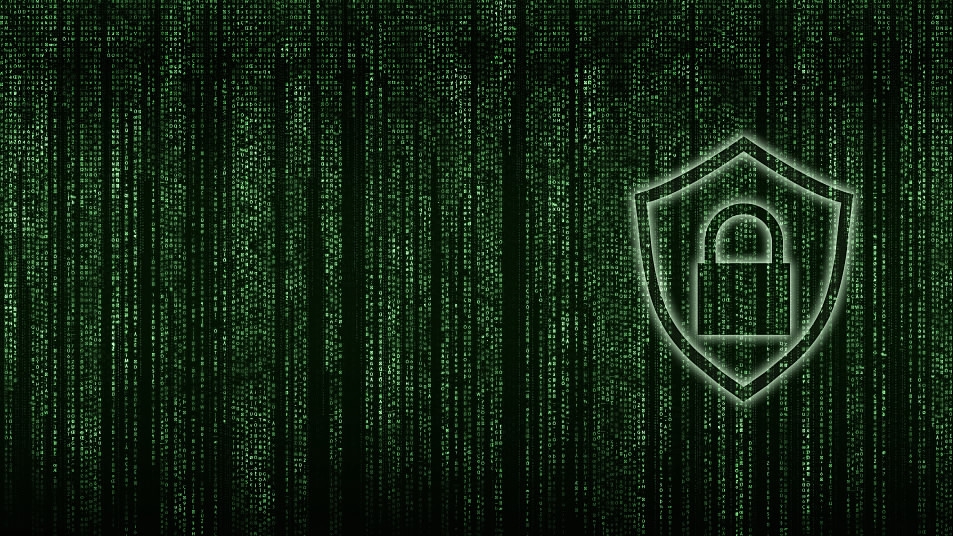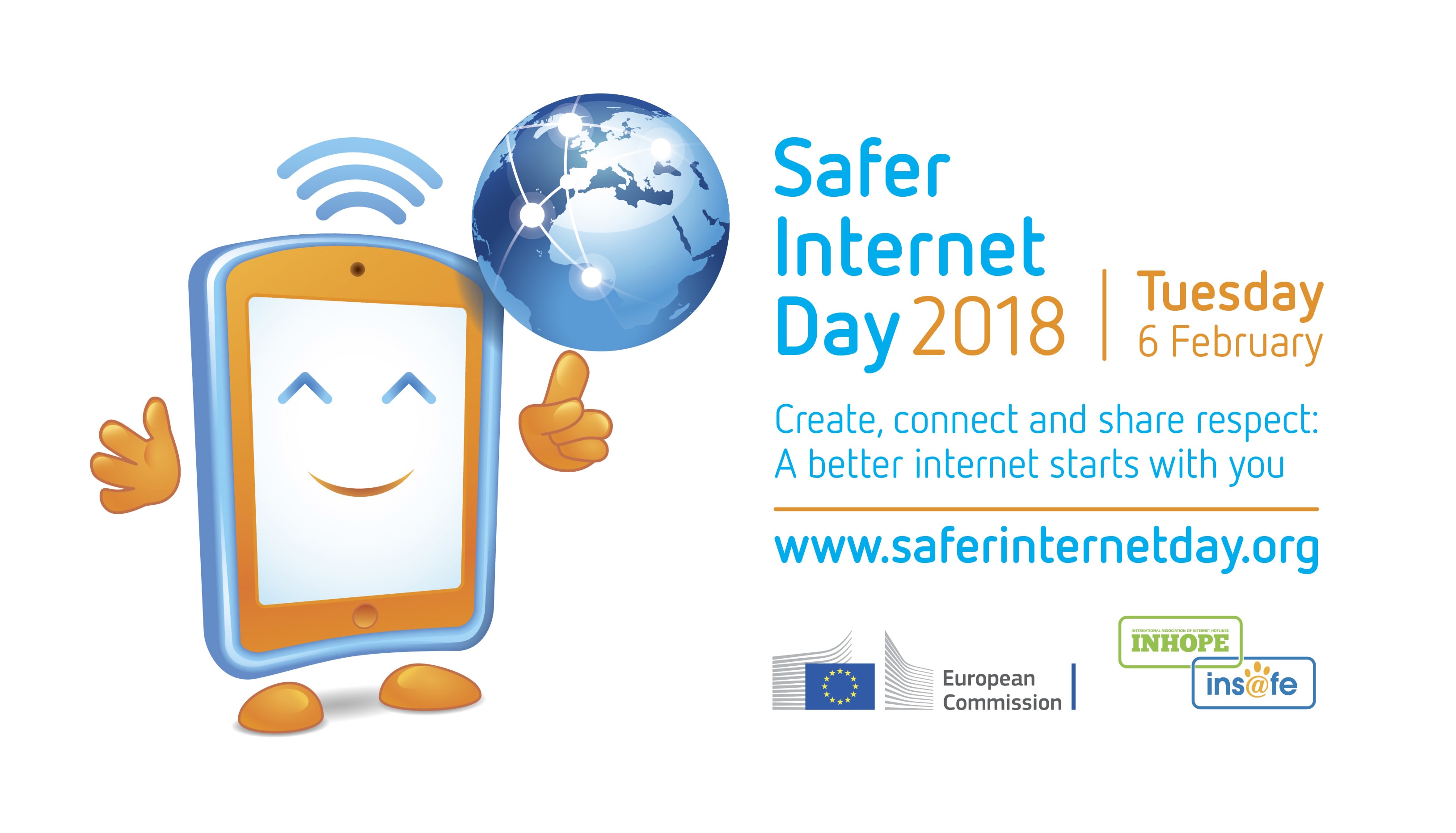
Opinions
23:02, 08-Feb-2018
Opinion: A free Internet requires safety, and a safe Internet requires freedom.
Guest Commentary by Elliott Zaagman

On Tuesday, 140 countries around the world celebrated the fifteenth annual Safer Internet Day. Originally initiated by the European Commission, the day emphasizes the opportunity and responsibility of societies and individuals to make the Internet a safer place for young people.
According to the official press release, this year’s theme-“Create, connect and share respect: A better internet starts with you”-is meant to inspire every stakeholder to “play their part in creating a better internet for everyone and, in particular, the youngest users out there. More than that, it is an invitation for everyone to join in and engage with others in a respectful way in order to ensure a better digital experience.”

Safer Internet Day 2018 /Official website of SID Photo
Safer Internet Day 2018 /Official website of SID Photo
This comes at a time when many of the world’s most popular Internet companies, and the systems in which they operate, are coming under increasing criticism. Most notable among them has been Facebook, which came under fire in late 2016 after it revealed that it received approximately 100,000 US dollars during the US election to publish Russia-linked ads aimed at “amplifying divisive social and political messages across the ideological spectrum.”
In December last year, when speaking to an audience at the Stanford Graduate School of Business, former Facebook VP of user Growth, Chamath Palihapitiya, used no uncertain terms when expressing “tremendous guilt” for the company he helped create, saying “I think we have created tools that are ripping apart the social fabric of how society works.”
“The short-term, dopamine-driven feedback loops we’ve created are destroying how society works,” he continued, referring to the system of “clicks, likes and thumbs up” on which the platforms of Facebook are based. “No civil discourse, no cooperation; misinformation, mistruth. And it’s not an American problem-this is not about Russians ads. This is a global problem.”
Palihapitiya is just one of many tech pioneers who are beginning to re-examine just what impact their products have made on society. In November, Napster founder and early Facebook investor Sean Parker spoke publicly about becoming a “conscientious objector” to social media, saying that Facebook and other social media platforms were succeeding by “exploiting a vulnerability in human psychology.”
For much of the past two decades, voices out of Silicon Valley have preached a brand of techno-utopianism, that under a free and open internet, humanity could look forward to a more equal, democratic and just world. The question we are now asking is: Will it create a safe and healthy world as well?
China’s Approach

VCG Photo
VCG Photo
In contrast to the radically open web in which much of the world operates, China’s is famously much more controlled, both by its central government as well as the platforms on which most Chinese netizens spend their time. This approach is frequently criticized, and much of the criticism is fair. The opaqueness of how the Chinese web is managed, as well as the global trade and commercial implications of the “Great Firewall” are just some of many valid concerns.
However, while many of these criticisms are valid, they are also incomplete. It is true that the Chinese internet is comparatively less “open” than the Silicon Valley-driven web in which much of the rest of the world operates, but it is far from a wasteland of discourse either. While the central government is the driving force behind much of the censorship on the Chinese web, the majority of the “scrubbing” is done by the Internet platforms themselves, or even individual chat group moderators. In the time that I have spent on Chinese social media and information hubs such as Weibo, Zhihu, and Jinri Toutiao, I’ve been pleasantly surprised for the most part by the range and depth of discourse (well, at least some of it).
What you will not see much of on the Chinese Internet are the “radical fringes.” While Twitter’s commitment to an open platform gives voice to democracy advocates, anarchists, and Islamic extremists alike, you are unlikely to find those groups on Weibo.
Should the “China model” for Internet management be adopted globally? Probably not. But it would be foolish not to learn from what it has accomplished.
The “Jefferson” and “Adams” Internets

Thomas Jefferson and George Adams /WSJ Photo
Thomas Jefferson and George Adams /WSJ Photo
In understanding these two distinct internets, and the challenges and characteristics that govern them, I am reminded of two men from over 200 years ago.
Of the dozens of men considered to be America’s founding fathers, none were more influential in shaping its political philosophy than John Adams and Thomas Jefferson. Co-authors of the Declaration of Independence and the second and third presidents of the US respectively. The two were friends for decades until political and ideological differences drove the two apart in the 1790s and early 1800’s. At the center of their feud were the seemingly conflicting values of freedom and order.
Jefferson was an idealistic Virginian who believed deeply in self-governance, individual freedom, and direct democracy. He viewed liberty as the utmost human value, even suggesting that regular episodes of revolutionary violence would be necessary to maintain it, famously writing in 1787, “The tree of liberty must be refreshed from time to time with the blood of patriots & tyrants. It is its natural manure.”
Adams was a conservative lawyer from Massachusetts. He advocated for a strong, centralized federal government, led by a powerful president. He believed that freedom to the extent that Jefferson advocated would bring about chaos, which Adams referred to as the “tyranny of the majority.” He was often criticized for being too admiring of the monarchies of Europe, and accused of wanting to adopt their systems in the US.
Jefferson thought Adams advocated tyranny. To Adams, Jefferson’s vision was anarchy. The difference in ideology between the two men not only severed their friendship, but the government as well, leading to the formation of America’s first two opposing political parties.
When looking at the difference in ideology that determine how the American and Chinese Internets are respectively managed, there are themes that Jefferson and Adams would find familiar. On one side, a decentralized, open system that at its best facilitates boundary-less connection, knowledge-sharing and opportunity, while at its worst fosters social instability, misinformation, and extremism. On the other side, a centralized system, less open than its counterpart, managed by a central authority. It offers stability, security, and efficiency, but its critics fear that it enables the powerful to limit the freedoms of the disenfranchised.
Such stark divisions can be disheartening, but the Jefferson-Adams analogy offers hope as well, and a profound lesson for this divided age. When Jefferson left the presidency in 1809, the two men had not spoken in over a decade, deeply embittered to one another. Troubled by this, mutual friend and signer of the Declaration of Independence Dr. Benjamin Rush wrote to the two men in an attempt to mend division between the two men whose thinking, if at times contradictory, laid the framework for the nation.
In an 1812 letter to Adams, Rush explained:
“I consider you and [Jefferson] as the North and South Poles of the American Revolution. Some talked, some wrote, and some fought to promote and establish it, but you and Mr. Jefferson thought for us all.”
For the following fourteen years, the two stubborn intellectual giants exchanged regular correspondence, sending hundreds of letters between them. The letters show simultaneously an insistence of each one’s own opinion, a respect for the other’s, and above all, a love among friends. The two men outlived any other signers of the Declaration of Independence, and in a poetically fitting moment, the two men died just hours apart on July 4th, 1826. Exactly fifty years after the signing of the document that they had written together.
As Rush’s quote indicates, the relationship between Jefferson and Adams is representative of an idea that is expressed in Chinese culture through Taoism, in the symbol of the yin and yang. It is this concept that lies in at the center of how the world must manage its internet: The necessary balance between order and disorder. Freedom is self-destructive if it is not controlled, and control without freedom leaves nothing worth controlling.
In order to have a healthy internet, we need a free Internet, and in order to sustain a free Internet, we need a safe Internet as well.
(Elliott Zaagman is a corporate trainer, executive coach, and writer based in Beijing. The article reflects the author's opinion, and not necessarily the views of CGTN.)

SITEMAP
Copyright © 2018 CGTN. Beijing ICP prepared NO.16065310-3
Copyright © 2018 CGTN. Beijing ICP prepared NO.16065310-3